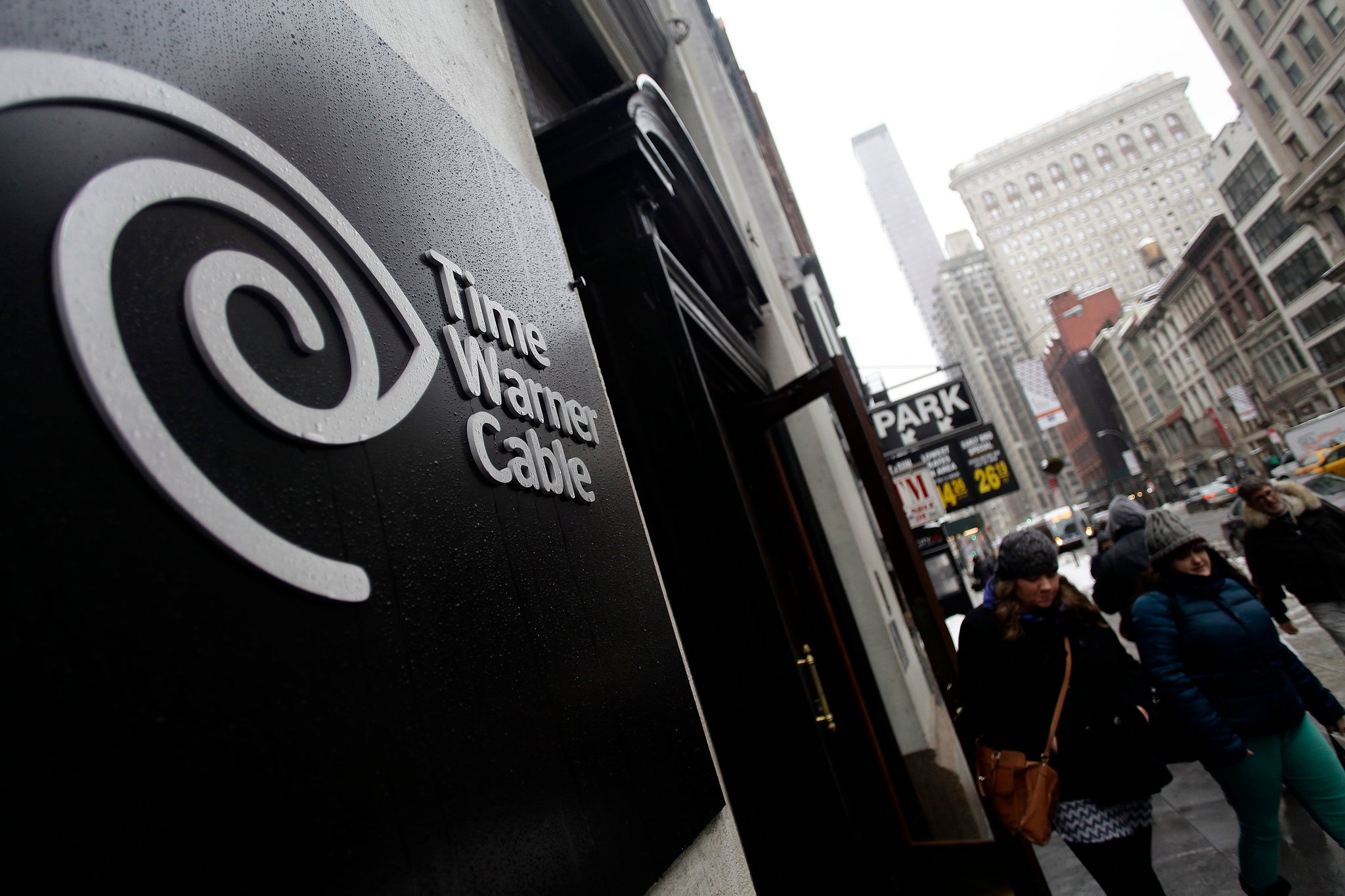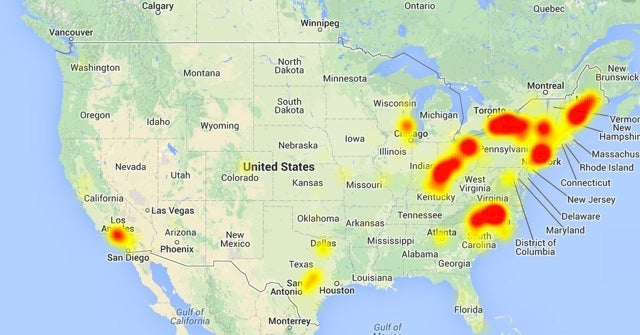Time Warner Cable down for both internet and on-demand TV customers across US
Time Warner Cable - currently planning a $45.2 billion merger with equally-hated provider Comcast - has around 12 million customers in the US

Time Warner Cable in the US has suffered a major, nationwide outage, knocking out internet and on-demand TV connections all across the country.
Problems were apparently focused on the East Coast of the country, and although some customers are still complaining about connections (presumably using mobile data or friends’ computers) a spokesperson for the company has said: “Most if not all should be back online now.”
Website downdetector.com (which tracks this sort of outage by measuring complaints on Twitter) reported peak-outrage of just fewer than 10,000 reports every 15 minutes.
In a statement, Time Warner Cable reported that the problems began at 04:30am ET on August 27 due to “an issue with our Internet backbone”, with internet and on-demand TV services “largely restored” by 06:00am ET.

An outage this widespread has apparently fuelled displeasure in Time Warner Cable, which is planning to merge with fellow internet provider for a deal valued at $45.2 billion.
The deal will give the two companies (both consistently rated as among the most hated in America) a 40 per cent market share in broadband and a monopoly in many regions – analysts and customers alike are wondering if this will really be the incentive the companies need to improve their service.
Join our commenting forum
Join thought-provoking conversations, follow other Independent readers and see their replies
Comments
Bookmark popover
Removed from bookmarks